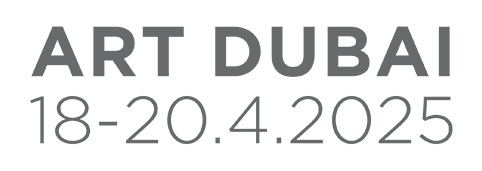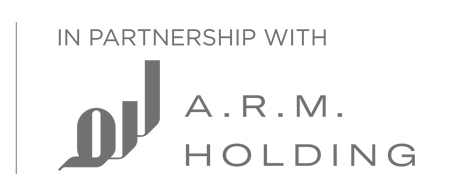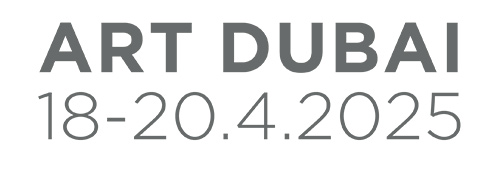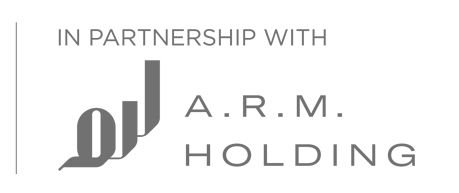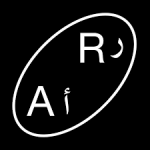Launched in Palestine at the very beginning of worldwide lockdowns in March 2020, online radio station Radio Alhara provides a platform for discussion, listening, and community-building. The name, which translates to ‘the neighborhood radio’, is reflective of the nature of the station itself: a close-knit community emerging from the margins, yet open and accessible to the world, bridging boundaries and geographic obstacles.
CHECK OUT THE PLAYLIST RADIO ALHARA PUT TOGETHER FOR ART DUBAI
We interviewed the co-founders – Yousef and Elias Anastas, Yazan Khalili, Saeed Abu-Jaber and Mothanna Hussein – to learn about what inspired the platform, and where they see it going from here.
Art Dubai (AD): Radio Alhara launched in March this year, right when most of the world went into lockdown. What sparked the idea of launching a radio station, and what is its main mission?
Yousef Anastas (YA): Basically at the beginning, all of us wanted to work together on a project, and we had this idea in mind for a while. When Corona happened, we saw the Yamakan initiative, which is an initiative similar to the Radio Quartiere in Milan, a radio created during lockdown. Yamakan created a similar platform which started in Beirut, and expanded to Tunis. We wrote to Yamakan to join the initiative, and it started spontaneously like that. The idea was to create a public space during lockdown, since during lockdown all physical public spaces were not accessible. So the idea was to create a space that was accessible to everyone. At the beginning, we had a Dropbox link where anyone could just drop their files and we would programme the radio accordingly, so it was even in the form it took, it was a public platform that hosts musical shows, sets, talk shows, anything. We ended up creating a radio station that plans listeners and producers in a way that was very smooth. The radio station also has a chatroom which adds a layer to this blending between listeners and producers, where the listeners and producers are there together and can communicate spontaneously.
Saeed Abu Jaber (SAJ): Yousef, Elias and Yazan were there from the beginning, then they spoke with Mothanna about creating a logo, then they invited me to join. It all happened in 48 hours.
AD: What do you think is the power of music and community-powered radio?
SAJ: It’s not just about community-powered radio; in general music is something that is powerful. We were all locked down, we had nothing to do. So it was just nice to share. We’re all just sitting at home, we had time on our hands. The nice thing is, we already knew each other, and have worked together on various projects over the years. But because we were all sitting around, we just found the time to do it. I’d say ‘yeah, I can put together a mix at 1:30 in the morning’ and i’d just do it right then. It just organically happened out of the need to connect and do something together. Something we might have been too busy to do otherwise.
YA: Community radio can be a bit fragile in the sense that you can have different kinds of interventions that are all very diverse. Fragile in the sense that it’s not intimidating as a radio, because it is community-based. Anyone who wants to be on the radio can be on it, and they don’t have to be afraid to reach out.
SAJ: We wanted to create a space that’s just laid back and accessible, that anyone could send us their mixes and we could find a way to get it onto the radio. What can happen in the music scene is that it could be pretentious or clique-y. We didn’t want that with Radio Alhara; we wanted to treat everyone the same; famous DJs, curators, and people who just love music but aren’t part of the music scene. We also play lots of different kinds of music; from experimental music to classic Arabic music, a bit of everything.
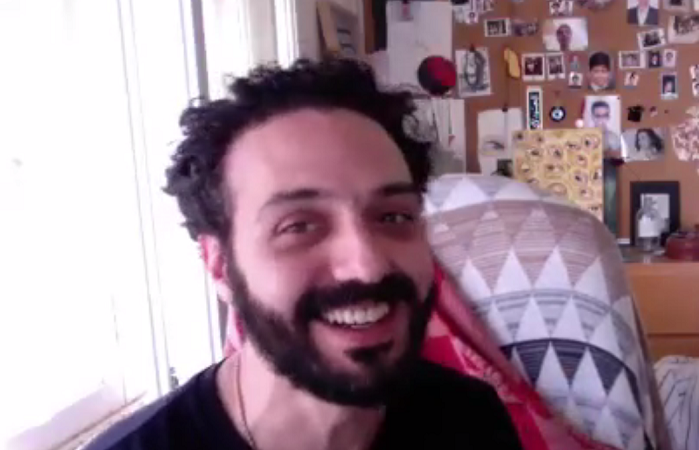
“It’s not just about community-powered radio; in general music is something that is powerful. It unites us.” – Saeed Abu-Jaber, co-founder, Radio Alhara
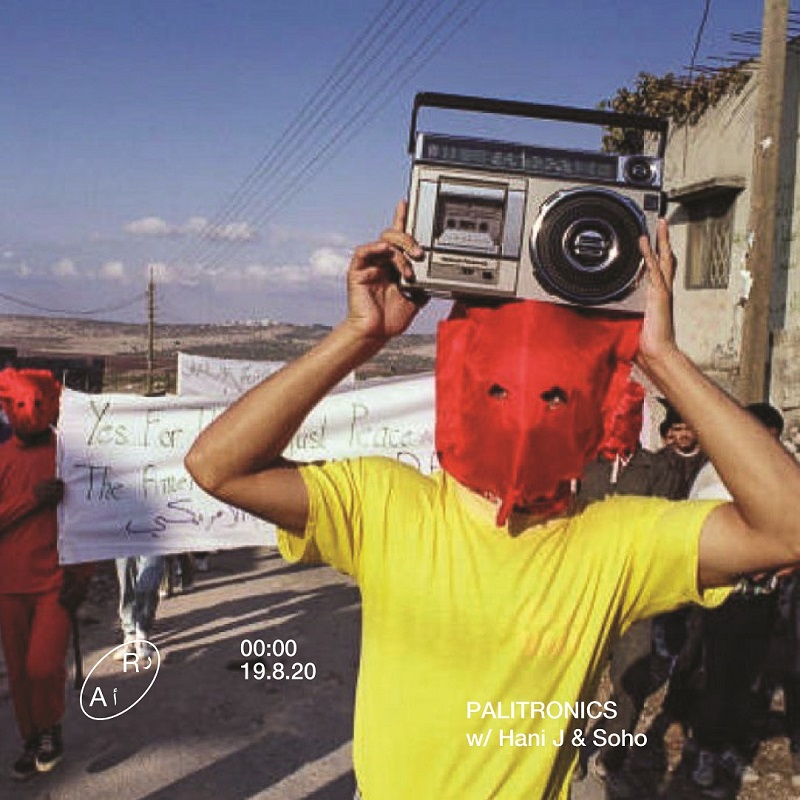
Playlist graphic designed by Mothanna Hussein for Radio Alhara
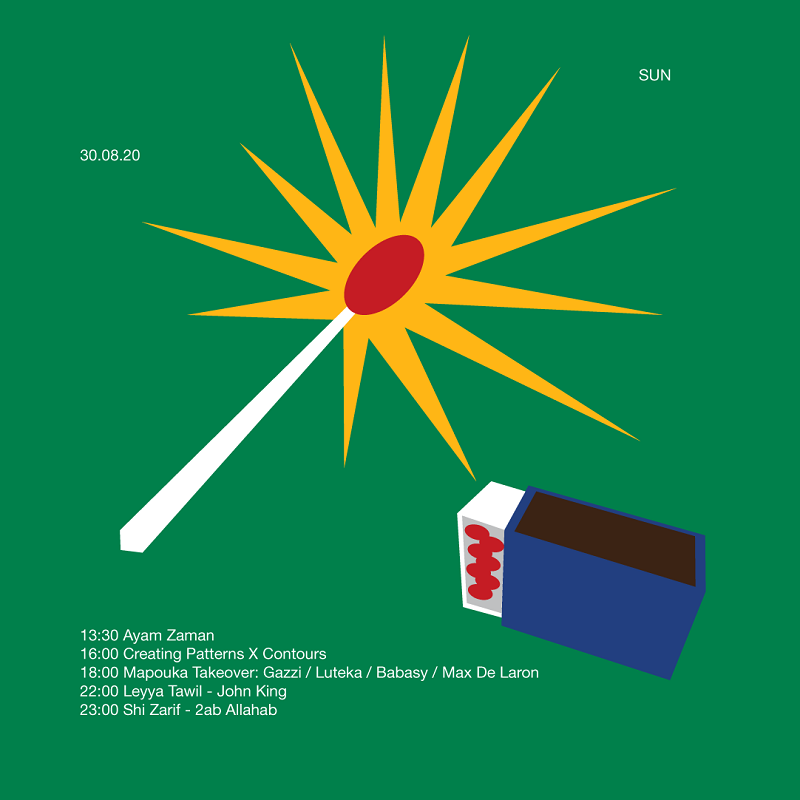
Playlist graphic designed by Mothanna Hussein for Radio Alhara
AD: Do you think this has aided in creating an extended community beyond what you had initially imagined?
YA: We didn’t have any expectations when we started this. This community just developed on it’s own. There are people in Brazil, in Mexico, all over. The Radio’s chat room has also connected so many people and there are people who have even become friends from connecting via the chatroom. I think when people start a project thinking ‘oh I want to create a community’ it never works out. It has to gain momentum on it’s own, organically, for it to work.
AD: Why do you think the concept of free public radio is important, and especially in the context of Palestine/the greater Arab region?
Because we are online and free and not under the supervision of any government, we don’t have to censor ourselves. Also the people who are attracted to listening to and playing on the radio are attracted to the fact that the radio itself is called ‘Radio Alhara’, it’s for the ‘Hara’, basically (Hara is the colloquial Arabic word for neighborhood). Ballroom Blitz for example is in Beirut, and now since we can’t travel anywhere, the radio creates links between people and places. A radio is also a cultural platform. It’s not exclusively a radio; it also provides an open space for discussion that is not bureaucratic or institutionalised. Relying on funding would make it difficult to keep the radio as it is now. It’s very spontaneous, and gives us creative freedom.
AD: What do you think is needed to support and sustain such initiatives in the region?
Mothanna Hussein (MH): Time, money, and passion. Maybe just even two of those is enough; you have to have passion to do this properly and make work. If we weren’t five people, it would be much harder.
SAJ: The fact we all give it a bit of our time and we are a team of five. Your heart has to be into it or else you will get bored of it very quickly.
AD: What is Radio Alhara’s main mission?
SAJ: We are trying to keep the radio fresh and fun; we are excited by the prospects of curating new shows, getting new residents, and making friends from around the world.
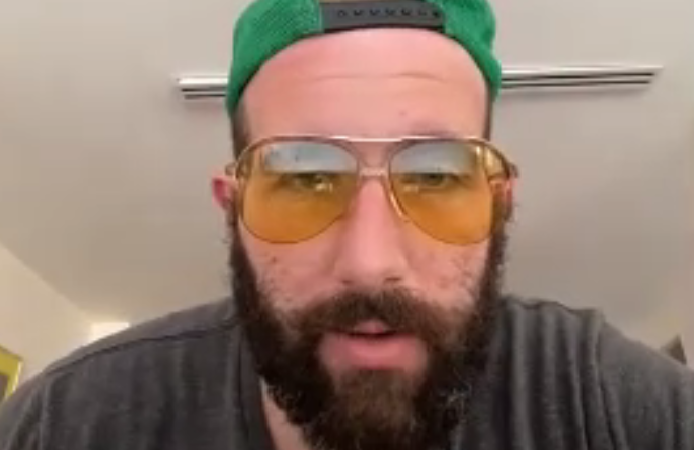
“The idea was to create a public space during lockdown, since all physical public spaces were not accessible. We wanted to create a space that was accessible to everyone.” – Yousef Anastas, co-founder of Radio Alhara tells us, on our Zoom interview.
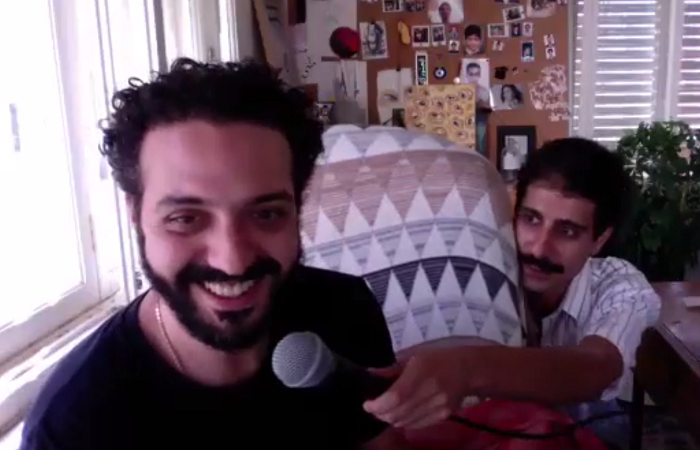
Mothanna Hussein — one of the co-founders — shows us some of the basic equipment used to produce the show: “You don’t need much [to produce a radio show], you just need some time and passion.”
Radio Alhara
Radio Alhara is a communal radio station/programme/project that began in Bethlehem and Ramallah, and aims to extend to other places in Palestine and throughout the world, with programming broadcasted in their original languages, including Arabic, English, French, Chinese et al. Radio al Hara is an open platform for listening, adding, discussing and chatting, meant to connect people through a collective space that is open and accessible to everyone around the world.
If you would like to submit a set or contribute, email them at radio.alhara@gmail.com. Visit their website for more information, or to stream the Radio live now.
